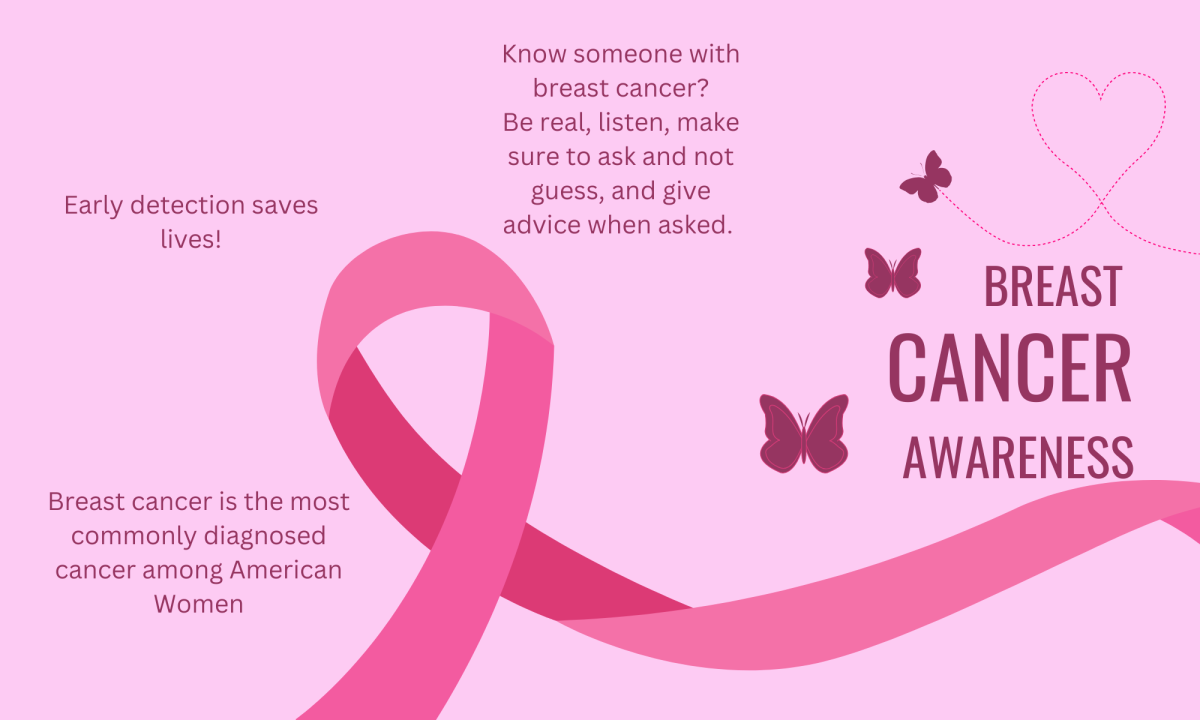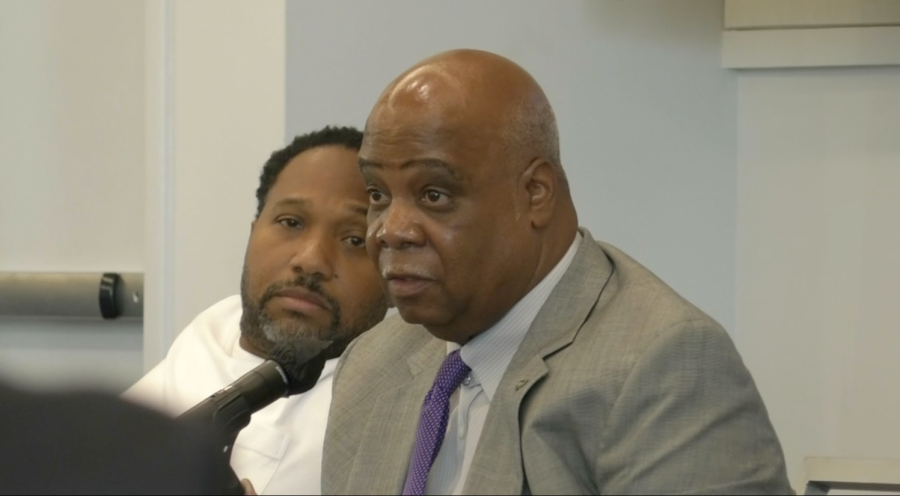On Sept. 27, the world lost Hugh Hefner, an icon who was dynamic in not only the sexual revolution, but also the civil rights movement and the fight for LGBT equality.
Hefner, who died at age 91 in his Beverly Hills estate, was often portrayed in a negative light because of his magazine, Playboy, which features nudity. Hefner was often seen out with a string of busty blondes by his side and at home in his mansion, lounging in his pajamas and red robe.
Hefner truly was a playboy.
However, he was also a human rights activist and a magazine journalism tycoon who built an empire that’s now a part of American history, and that is how I am going to remember him.
Hefner created Playboy in his kitchen after leaving his job as a copywriter at Esquire magazine. Marilyn Monroe graced the cover of the first issue in December of 1953 in an image that was made originally for a calendar.
Playboy is published in 20 countries and makes $1 billion annually, according to playboyenterprises.com. The franchise has also included clubs, casinos, and clothing lines. Playboy is brand recognizable by almost all Americans. Even when I was a small child and did not understand what Playboy was, I could always recognize the famous bunny logo.
The magazine has had many famous cover stars including Pamela Anderson, Kim Kardashian-West, Madonna and Naomi Campbell. More striking, the articles in the magazine have included big names as well. It is a common joke that people read Playboy “for the articles,” but I would say it really is a good reason to.
Hefner, who made contributions to civil rights, and the first interview published in the magazine was an interview with black jazz musician Miles Davis done by black writer Alex Haley. In 1963, Playboy published an interview with Malcolm X in which he discussed black Muslims in America. In 1965, Playboy published Haley’s interview with the Rev. Dr. Martin Luther King Jr. in which King discussed racial prejudices and injustices, as well as his role as a civil rights leader. Hefner also made large donations to Rev. Jesse Jackson’s Rainbow PUSH coalition, an organization fighting for social change and the protection of civil rights.
Hefner also advocated for LGBTQ rights. In the early days of the magazine, Playboy published a story called “The Crooked Man” by Charles Beaumont which focused on a world where homosexuals were common and heterosexuals were oppressed and living in a homosexual society. The short story received a heavy amount of backlash and many angry letters. Hefner responded to the controversy in his magazine stating, “If it is wrong to persecute heterosexuals in a homosexual society, then the reverse was wrong, too.”
Something Hefner has received criticism for is exploiting women. Because nudity is essentially what Playboy is known for, it is often argued that the publication objectifies and oppresses women. I have always seen the women in Playboy as confident in embracing their bodies and sexuality. I found the women to be liberating and never viewed them as something meant just for men, especially because the women featured were talented actresses, musicians and even Olympians.
Growing up, I was always looked at as odd for being a fan of Hefner. To me he was a happy man, living his best life, with a successful career behind him. When I learned that he was advocating for the rights of others and using his platforms to help others I was drawn to him even more. He is a symbol of sticking to what makes you happy, even in times of adversity and working hard. He shook up the world with his progressive ideals and made contributions to significant movements. Hefner lived his life to the fullest, and is someone I am continuing to learn from, and I hope others do too.








































